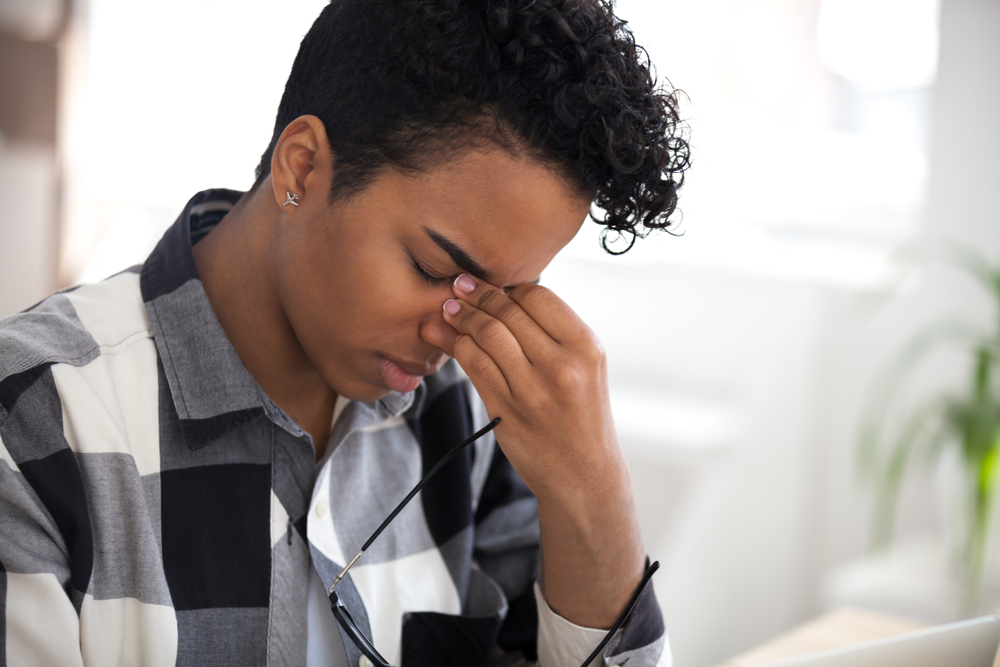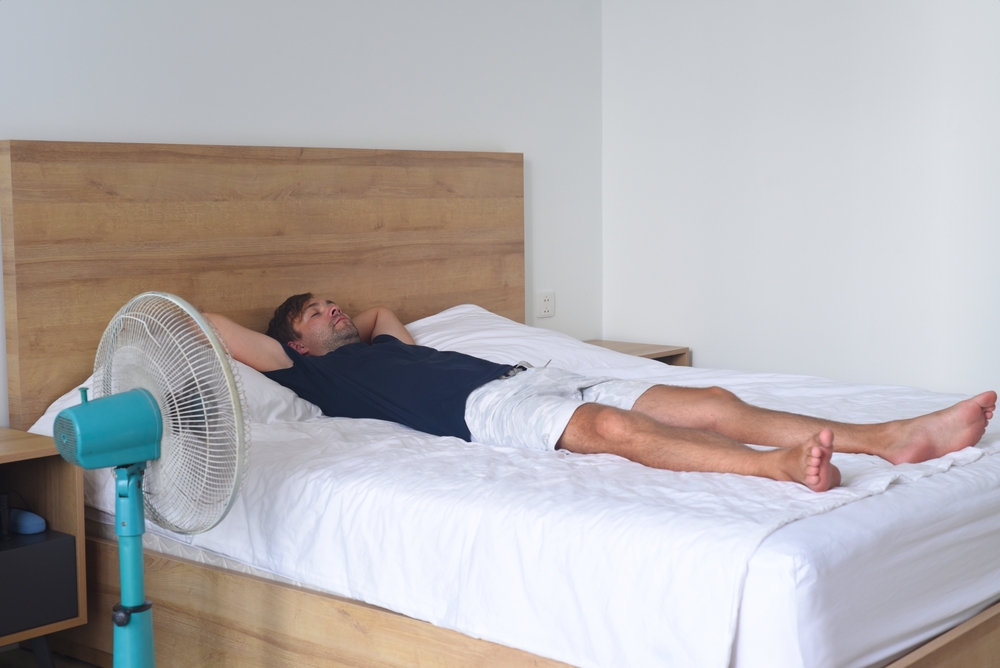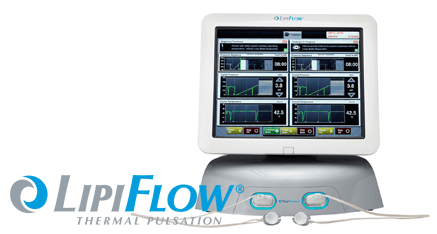Posted by: North Georgia Eye Associates in Dry Eye

Do your eyes often feel too dry? Dry eyes are extremely common and are also commonly ignored. But there are ways to treat your dry eye symptoms.
In fact, dry eyes could have serious long-term effects on the health of your eyes. The good news, however, is that treating your dry eyes can save your vision.
But before discussing how to treat dry eyes, you need to understand what causes them and what happens when they are chronically dry. Keep reading to learn how to take control of your dry eyes with these helpful tips!
Dry Eye and Dry Eye Syndrome

Your eyes can feel too dry when they cannot produce enough tears or the tears produced are low in quality and lack the proper nutrients. Dry eye symptoms include:
- Burning
- Stinging
- Redness
- Watering
- Experiencing a feeling of grit or sand in the eye
- Seeing mucus building up around your eyes
- Itching
- Eye fatigue
Your eyes may become too dry temporarily for several reasons, from dehydration to living in a dry environment. Correcting the direct trigger will usually alleviate your symptoms when your eyes feel dry.
But your eyes may be too dry due to a chronic condition called dry eye syndrome. Dry eye syndrome occurs when your eyes struggle to produce quality tears regardless of your environment.
This lack of quality tears usually comes from an imbalance in the composition of your tear film. Your tear film keeps your eyes hydrated and is spread over your eye each time you blink.
It comprises three layers:
- The innermost layer is made from mucus
- The middle layer is made from water
- The outer protective layer is made from lipids or oil
The most common kind of dry eye syndrome is evaporative dry eye. Evaporative dry eye occurs when your tears evaporate too quickly because they lack enough oil to protect them.
This happens because the glands that produce oil for your tears called the meibomian glands, get blocked. There are many ways to treat dry eye syndrome, especially evaporative dry eye. Here are a few tips on how to get your dry eyes under control:
See Your Eye Doctor
If you have dry eyes, you need to see your eye doctor. Untreated dry eyes can lead to infection and corneal ulcers, permanently damaging your vision. Examining your dry eyes is crucial so you can be diagnosed and treated accordingly.
When you’re diagnosed with dry eye syndrome, your eye doctor may recommend some home remedies and lifestyle changes before recommending professional treatments. We’ll go over many of these remedies at North Georgia Eye Associates, but you should talk to your eye doctor before you try to treat your dry eyes on your own.
Be Aware of Your Environment

Dry air can trigger dry eyes and worsen dry eye syndrome. You can avoid dry air in your home or office by staying away from AC vents and fans. Sleeping with a fan near your face is especially bad for your eyes, skin, and sinuses.
A humidifier can help prevent the air in your home or workplace from becoming too dry. Small ones are quite inexpensive, so it’s worth at least trying out.
Limit Screen Time
Too much screen time can lead to dry eyes and eye strain. If you work on a computer, it can be challenging to limit your screen time, but you can still take small breaks by following the 20-20-20 rule.
The 20-20- 20 rule recommends taking a break from looking at a screen every twenty minutes to look at an object 20 feet away for 20 seconds. Looking at an object 20 feet away for at least 20 seconds at a time helps your eyes readjust and will remind you to blink to refresh your tear film.
Get More Omega-3 Fatty Acids in Your Diet
Omega-3 fatty acids are vital for keeping your tears and eyes healthy. You can get omega-3 fatty acids from fish oil pills (or flaxseed oil if you don’t consume animal products). However, you can also get omega-3 fatty acids from foods like fish, flaxseed, chia seeds, and walnuts.
Use Artificial Tears
Over-the-counter lubricating eye drops, also called artificial tears, can immediately relieve dry eye symptoms by compensating for poor-quality tears. You can buy several kinds of artificial tears, so ask your eye doctor which type is best for you to use.
Take Prescription Medication
If over-the-counter eye drops and other home remedies don’t fully alleviate your dry eye symptoms, your eye doctor may recommend prescription medication. One prescription medication often recommended is eye drops, which help with inflammation and promote better tear production.
Consider In-Office Treatments
Your eye doctor may recommend an in-office dry eye treatment if your dry eyes don’t respond to prescription medication and other remedies. There are several kinds of non and minimally invasive in-office treatments offered at North Georgia Eye Associates, including:
LipiFlow and TearCare

LipiFlow and TearCare use gentle light and heat over the eyelids to soften blocked meibomian glands. Using light and heat on the eyelids helps oil flow through the glands again, so your tears no longer lack their protective lipid layer.
BlephEx
BlephEx is a medical-grade micro sponge for cleaning around the eyelashes. It gets rid of bacteria that can build up and cause inflammation, which in turn can affect tear production.
Intense Pulsed Light (IPL)
IPL is another treatment for inflammation. It can treat the skin around the eyes, killing inflamed skin cells and promoting new skin growth.
Punctal Plugs
Punctal plugs are tiny plugs that can be placed inside the puncta, which are small tear ducts. By blocking these ducts, tears are forced to stay on the surface of the eye longer, compensating for poor tear quality.
Are you tired of living with dry eyes? Make a change by requesting your appointment at North Georgia Eye Associates in Braselton, GA! It’s time to get the relief you deserve with dry eye treatment!
